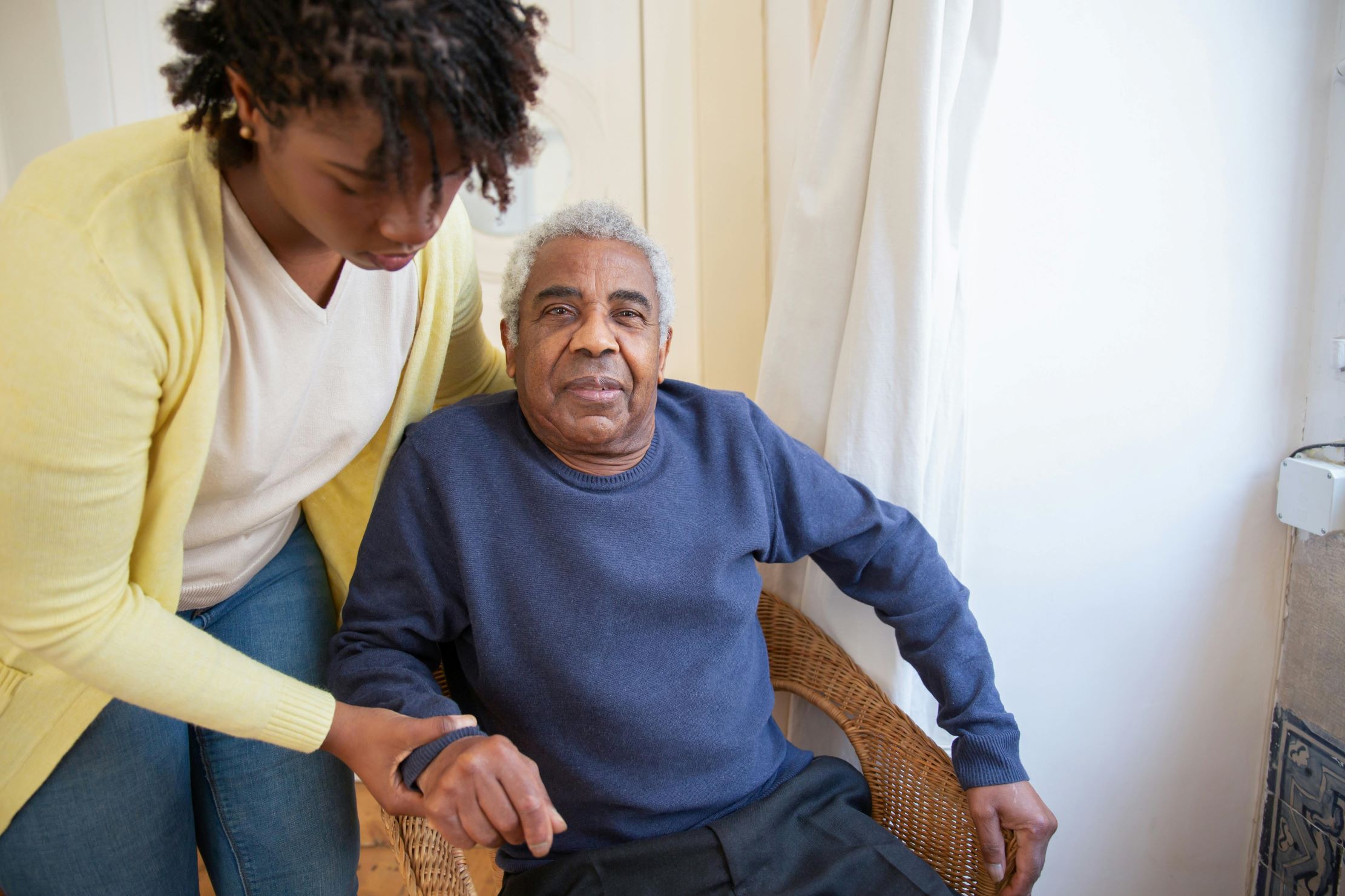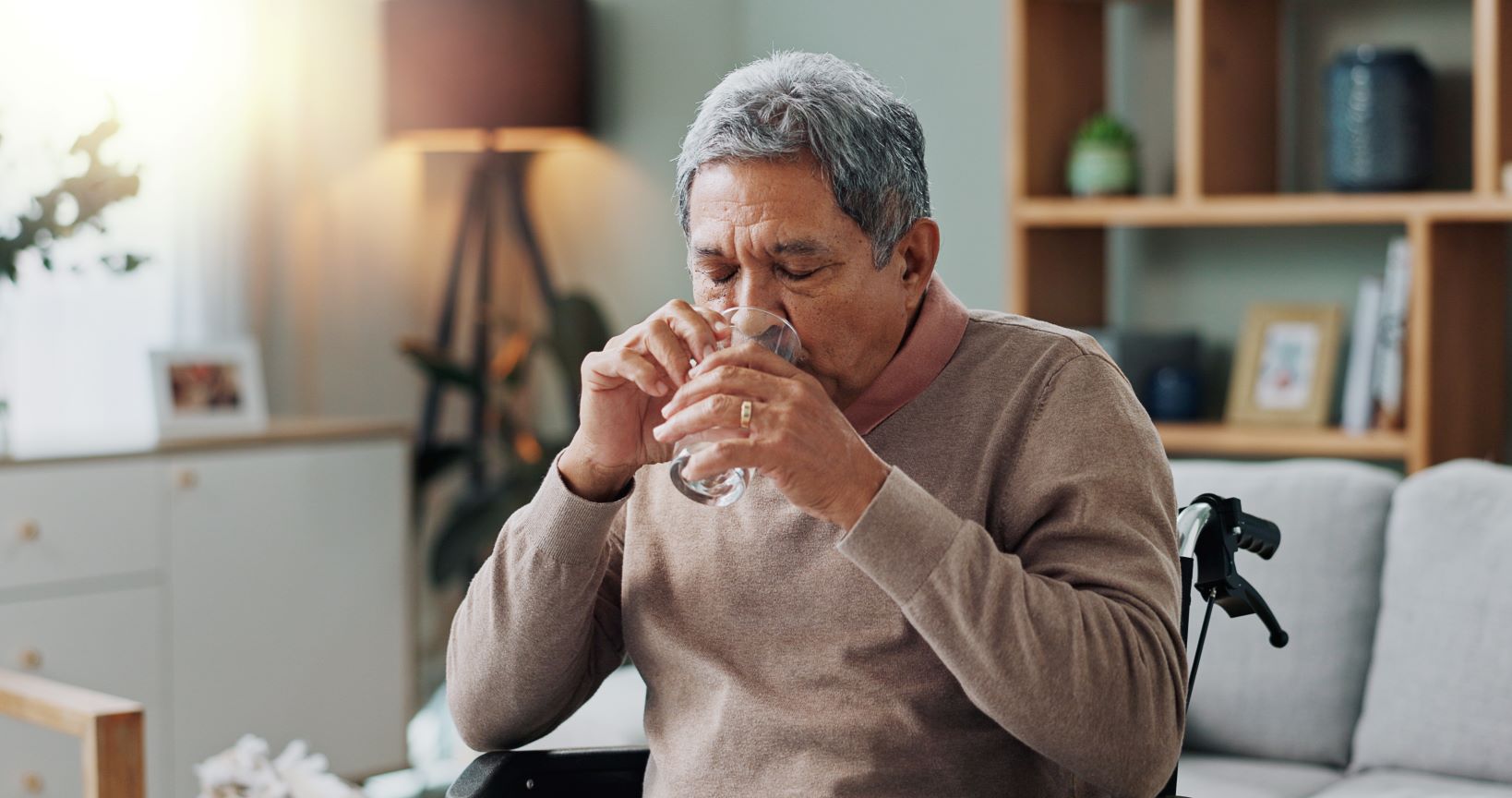Adopting a pet, especially a dog or a cat, offers benefits such as constant companionship and unconditional love. For older adults, the benefits of a senior pet can be even greater.
Senior Living Facilities Upgrade Their Security

Technology is a rapidly changing industry. Advances in technology bring are constantly changing the way we live our lives and seniors are no different. There are variety of new options emerging in security technology that can improve resident security in senior living. Many things that have long been used in security for senior living facilities are still relevant, such as locks and alarms, but more personal devices are being developed and have started emerging on the security scene.
This new technology is for the first-time marrying safety and independence. Previously, these two things have been at odds. Personal alert systems have been around for a while, but the sophistication and reliability continue to improve. These devices give seniors the comfort to live their lives and yet be able to, at the push of a button, summon medical help. They are able to move about more freely in facilities and staff are comfortable being able to locate and assist at a moment’s notice. Wearables for seniors are no longer just for promoting physical activity and wellness, but with heart monitoring technology, they can trigger irregularities in heartbeat and quickly detect issues. There are even sensors that can be worn under clothing to predict certain types of infections and falls. This allows independence, while also allowing help to reach the senior quickly.
Devices and apps that allow for social engagement are readily available for seniors. Devices such as smart phones and tablets are more and more common amongst the senior population. There are even phones and tablets specifically geared toward seniors that are simplified for greater ease of use. Along with these technologies are apps that allow seniors to connect with family as well as peers. Facebook and Skype give platforms that allow seniors to keep in touch with family and friends. Apps like Words with Friends allow seniors to play games and engage in mental stimulation with family and friends. Stitch is an app that allows like-minded seniors to communicate one on one, post group activities, and for some even seek romantic relationships.
In addition, up and coming applications like Gray Matters are bringing new possibilities for social engagement. This app was designed to allow dementia patients to stay connected. It allows the user to upload family photos, add text, or even recorded voices to allow dementia patients to engage while also improving social and mental functioning.
So how are technology engineers making this happen? They are putting to use technology that has been used in other forms, some even come from military uses. Take for example global positioning system, better known as GPS. This along with real-time location services are used to create wearables that track and report the location of seniors if or when they need assistance. This allows for more independence with peace of mind, whether they are living alone or in a facility. Artificial intelligence in wearable devices allows for more data to be collected and used to predict needs and better detect changes in behavior and activity. Beyond this, engineers are using data analytics to take the data from artificial intelligence and use it to predict infections such as urinary tract infection and even malnutrition.
For many seniors, independence often trumps security, but for their families the opposite is usually true. No matter what form of senior living best serves you or your loved one, safety is most likely one of the most important factors in making that choice. In the current age of ever-changing technology, the options may be better than you think. Take the time to research and look into improvements in technology for seniors if you or a loved one is facing these challenges.
If you have questions or need guidance in your planning or planning for a loved one, please do not hesitate to contact our office by calling (513) 771-2444.



